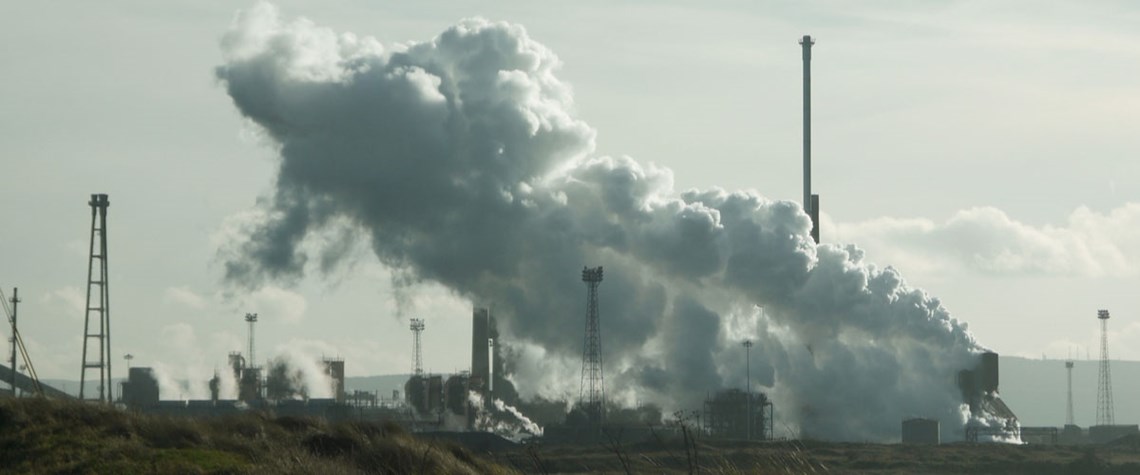CCUS must grow 120-fold by 2050 to meet net zero
Current rate of deployment too slow to meet even 2°C warming target, consultancy McKinsey says
Deployment levels of carbon capture, utilisation and storage (CCUS) technology need to grow by 120 times by 2050 to meet the world’s existing net-zero commitments, according to consultancy McKinsey. The current growth rate could be too slow even to limit global warming to 2°C this century, it says. Capacity would need to reach 715mn t/yr by 2030 and 4.2gt/yr by 2050—although other estimates range from 6-10gt/yr by mid-century—to achieve the net-zero commitments pledged by 64 governments at Cop26, McKinsey says. Based on the current project pipeline, the consultancy expects about 110mn t/yr of CO₂ to be captured by 2030. Private sector investment in CCUS will be crucial. McKinsey puts the cos

Also in this section
23 April 2024
Europe must unlock cross-border CO₂ trade if it wants to build a viable CCS sector for the long term
16 April 2024
US and European oil majors snap up smaller players and look to accelerate development in a region deemed to possess all the key elements for successful CCUS deployment
15 April 2024
Demand for credits seen rising 20% this year despite issues around integrity and standardisation
11 April 2024
Volatile allowance prices and small size of voluntary market undermine ability to drive investment, says Oxford Institute for Energy Studies







